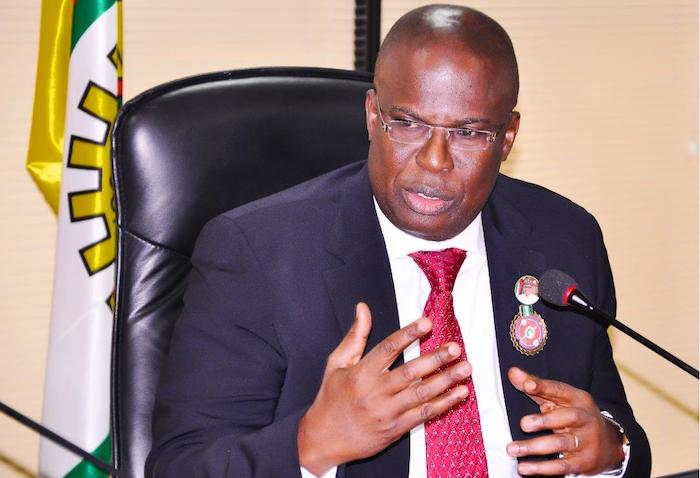
FG Advocates Synergy In Nigeria’s Midstream, Downstream Sector
The Federal Government has advocated the need for synergy among stakeholders in the midstream and downstream sector to strengthen local content and boost the country’s domestic refining capacity. Chief Timipre Sylva, Minister








